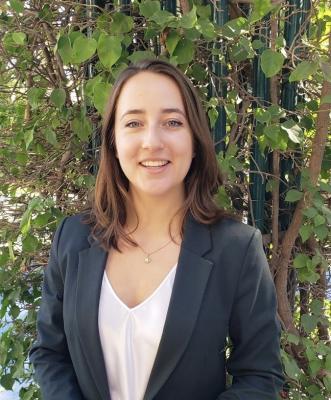
Collaborations
| AMON |Research Topics
| Multimessenger Astrophysics |Miguel Mostaf ́a is professor of physics and of astronomy & astrophysics at the Pennsylvania State University, the director of the Center for Multimessenger Astrophysics at the Institute for Gravitation and the Cosmos, and the associate dean for research & innovation at the Eberly College of Science. After obtaining his Ph.D. in high energy particle physics (measuring W bosons with the DØ detector at Fermilab) from Instituto Balseiro in Argentina, he was a fellow of the Istituto Nazionale di Fisica Nucleare in Italy, and a postdoctoral research associate at the University of New Mexico. He was also Assistant Professor at the University of Utah, and associate professor of physics at Colorado State University before joining Penn State in 2013. His research interests are in high energy particle astrophysics, including the origin of cosmic rays, acceleration mechanisms, particle physics at energies above terrestrial accelerators, gamma-ray astronomy and the structure of the Galaxy, and the nature and properties of dark matter. He is studying the most powerful accelerators in our galaxy using gamma-ray observations [PRL 124 (2020) 021102], and cosmic ray anisotropies [Astrophys. J. 891 (2020) 142] and particle interactions [Astrophys. J. 886 (2019) 98] using a unique multimessenger approach [Nat. Rev. Phys. 2 (2020) 446] at energies well beyond the reach of the experiments at the Large Hadron Collider, the most powerful man-made particle accelerator. His h-index is over 80, he has 10 renowned papers (with more than 500 citations), and more than 2,000 citations per year since 2018. He was elected fellow of the American Physical Society in 2016, and his teaching awards include the C.I. Noll Award for Excellence in Teaching sponsored by the Eberly College of Science Alumni Society at Penn State, Best Teacher Award from the Colorado State University’s Alumni Association and the Student Alumni Connection, the Outstanding Mentor Award presented by the Students as Leaders in Science also at Colorado State University, and the Students Choice Award sponsored by the Associated Students of the University of Utah. He is also the Chair of the Mid-Atlantic Section of the American Physical Society.
Publications
